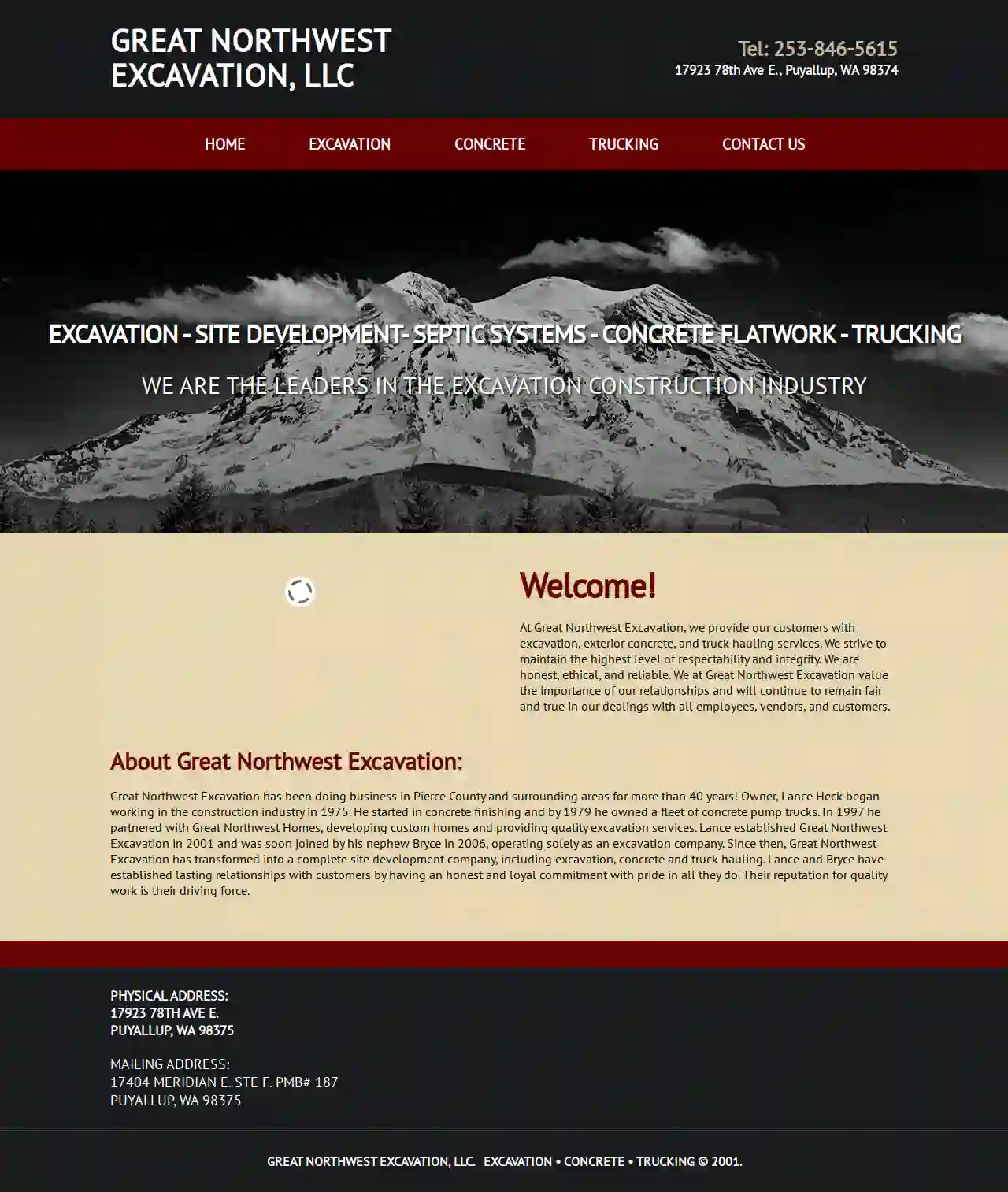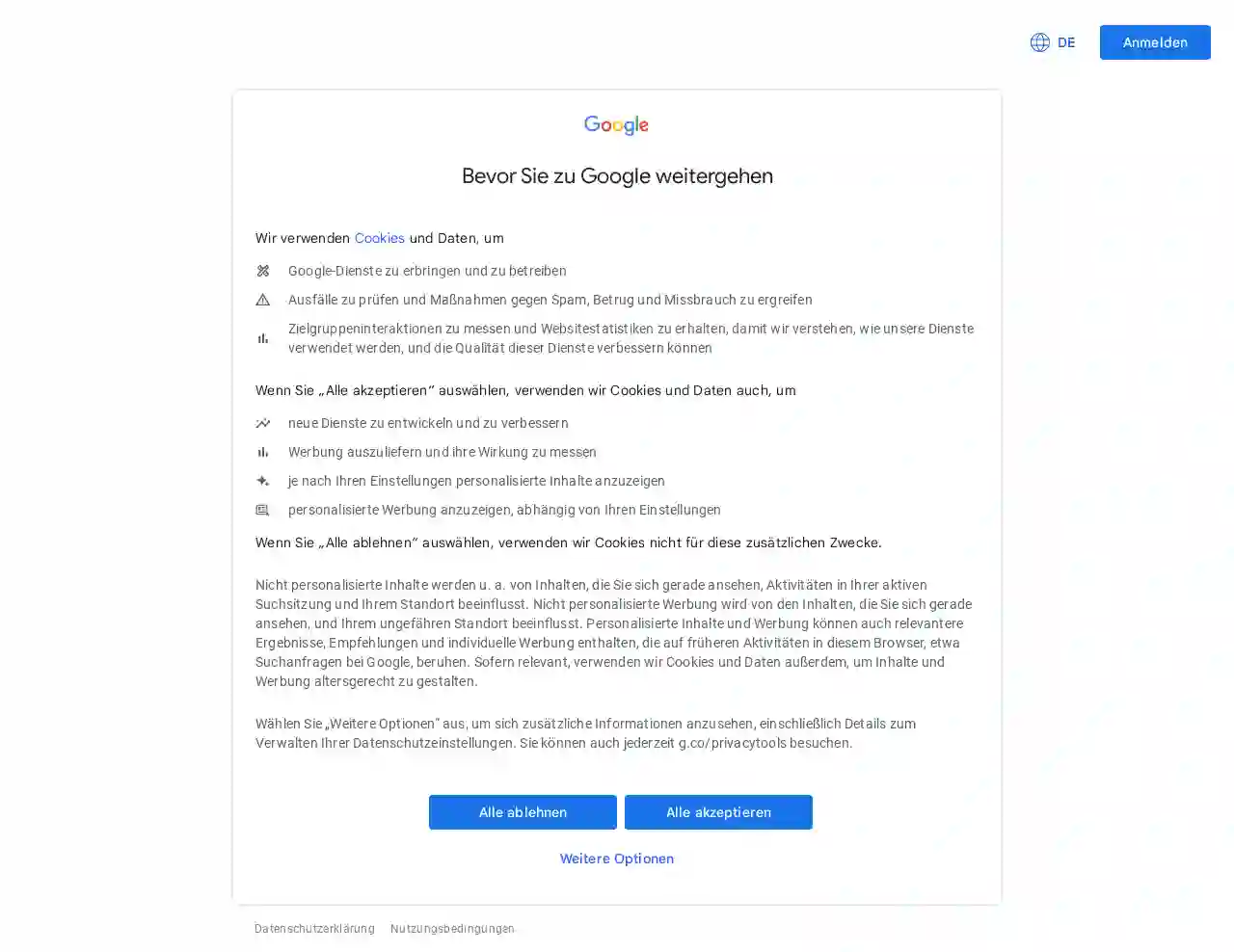Excavation Contractors Tacoma
Find top Excavating Contractors in Tacoma
Receive multiple Excavating Contractors quotes for your project today! Compare profiles, reviews, accreditations, portfolio, etc... and choose the best offer.

Adams Built
510 reviews14229 Spanaway Loop Rd S, Tacoma, 98444, USMaking Your Visions A Reality With Quality At Its Best Every construction job needs a strong foundation. Our team handles all aspects of site prep to ensure the job goes smoothly. The first step to land prep is clearing out debris, vegetation, and rocks. We take care of site prep from start to finish. Adams Built handles all utility hookups, including natural gas, power, water, sewers, and drainage. Site Preparation and Land Clearing Looking for a dedicated team to handle site prep? Adams Built is the best team for the job. With decades of experience and a deep understanding of what goes into construction from the foundation up, our team knows the ins and outs of site prep. When you have an excavation project that needs doing, Adams Built is the only team you need on the job. We handle all aspects of site prep. We clear out tree stumps and shrubs, debris, and even existing structures in the way of your building project. It’s important to provide a solid foundation for any construction work, and our team is very experienced at doing just that. Our experienced team takes a lot of pride in our detail-oriented approach to our work, and we’re sure we’ll exceed your expectations. Excavation and Utility Work… And More Land grading is the very first step in any construction project. It’s important to get the land ready before building begins, and proper grading ensures that the soil is level and more resistant to erosion. This makes the construction job easier and ensures the future stability of the entire structure. If you’re building a house, you’ll also need trenches dug for sewer lines and other utilities. The excavation experts at Adams Built can take care of that too. Using trenchless technology, we can help get your site hooked up to city lines with minimal disruption and reduced costs compared to traditional trenches. Residential Demolition Services Got an old shed that you don’t need anymore? Need space prepped for a home addition? Give us a call. Our team can handle residential demolition with ease. Our team knows the importance of being mindful of our surroundings, especially in residential areas. There’s nothing more annoying than noisy construction work next door! That’s why we always do all we can to get our work done safely and efficiently, with minimal disruption to peoples’ day-to-day. For a team of skilled and professional excavation contractors who provide excellent customer service and open communication throughout the process, you can count on Adams Built. Customer satisfaction drives our work, so rest assured we’ll do all we can to get there. Adams Built: Your Local Excavating Company When you need residential excavation services, Adams Built is the best team to call. We’re true professionals who operate with a strong attention to detail and dedication to our work. When you want your excavation project done right the first time, you know who to call. Customer satisfaction is our goal in every project, which is why we always provide top-quality service in everything we do. Our team works efficiently to ensure minimal disruption to your daily life. If you’re looking for skilled excavating contractors to set up a smooth construction process, give Adams Built a call.
- Services
- Why Us?
- Gallery
Get Quote
Sustainabuildity llc
12522 North Proctor Street, suite 134, 2522 North Proctor Street suite 134, Tacoma, 98406, USCrafting Spaces That Inspire Transforming your property into a beautiful and functional space. Explore Our Work About SABI LLC With over 30 years of experience in the construction industry, SABI LLC has become a trusted name in the field of construction. Our team of experts has the knowledge, skills, and expertise to handle any project, big or small. We have completed numerous projects ranging from residential homes to multi-family units, and our clients can attest to our commitment to quality and excellence. Our Team Our team is made up of experienced and skilled individuals who are passionate about what they do. From our project managers to our skilled tradespeople, we work together to ensure that every project is completed to the highest standard. We believe in building lasting relationships with our clients, and it shows in the way we approach every project. Our Services At SABI LLC, we offer a wide range of services to meet the diverse needs of our clients. Our services include civil work, dump trucking, street sweeping, design-build, general contracting, construction management, and more. We work closely with our clients to understand their unique needs and deliver solutions that exceed their expectations. We are committed to delivering projects that are on time, within budget, and of the highest quality. Building the Future: A Stunning Collection of SABI LLC's Completed Projects Rave Reviews from Happy Customers
- Services
- Why Us?
- Gallery
Get Quote
Great Northwest Excavation LLC
2.36 reviews17923 78th Ave E., Puyallup, 98375, USWelcome to Great Northwest Excavation! At Great Northwest Excavation, we provide our customers with excavation, exterior concrete, and truck hauling services. We strive to maintain the highest level of respectability and integrity. We are honest, ethical, and reliable. We at Great Northwest Excavation value the importance of our relationships and will continue to remain fair and true in our dealings with all employees, vendors, and customers. About Great Northwest Excavation: Great Northwest Excavation has been doing business in Pierce County and surrounding areas for over 40 years! Owner, Lance Heck began working in the construction industry in 1975. He started in concrete finishing and by 1979 he owned a fleet of concrete pump trucks. In 1997 he partnered with Great Northwest Homes, developing custom homes and providing quality excavation services. Lance established Great Northwest Excavation in 2001 and was soon joined by his nephew Bryce in 2006, operating solely as an excavation company. Since then, Great Northwest Excavation has transformed into a complete site development company, including excavation, concrete and truck hauling. Lance and Bryce have established lasting relationships with customers by having an honest and loyal commitment with pride in all they do. Their reputation for quality work is their driving force.
- Services
- Why Us?
- Our Team
- Gallery
Get Quote
Genesis Excavating
515 reviewsTacoma, US- Services
- Why Us?
Get Quote
Over 3,943+ Excavation Businesses in our network
Our excavation pros operate in Tacoma and beyond!
ExcavationHQ has curated and vetted Top Excavation Contractors near Tacoma. Find a top & trustworthy pro today.
Frequently Asked Questions About Excavation Contractors
- Determining Soil Suitability: Assessing whether the soil can support the intended structure or load.
- Recommending Foundation Types: Advising on the appropriate foundation design based on soil characteristics.
- Addressing Drainage and Erosion Issues: Providing solutions to manage water runoff and prevent erosion.
- Evaluating Slope Stability: Assessing the risk of landslides or soil movement on slopes.
- Building on challenging soil types (expansive clay, loose sand, etc.)
- Constructing large or complex structures
- Excavating near slopes or retaining walls
- Addressing drainage or erosion concerns
- Sloped Property: Your property has a significant slope, making it prone to soil erosion or landslides.
- Creating Usable Space: You want to level off a sloped area to create a flat surface for patios, gardens, or other outdoor spaces.
- Preventing Damage: Erosion is threatening existing structures, driveways, or walkways.
- Landscaping Features: You're incorporating tiered gardens, raised beds, or other landscaping elements requiring soil retention.
- Hauling to Designated Disposal Sites: Transporting excavated material to approved landfills or recycling centers.
- Recycling or Reuse: If suitable, some excavated soil might be recycled for other projects or reused on-site for landscaping or backfilling.
- Complying with Regulations: Adhering to local and environmental regulations for soil disposal to prevent contamination or illegal dumping.
What is the difference between excavation and grading?
Excavation: Primarily involves removing earth or other materials from a site. It's about digging down and creating space.
Grading: Focuses on shaping and leveling the ground to a specific slope or elevation. It's about adjusting the existing terrain.
For example, you might excavate a foundation and then grade the surrounding area to ensure proper drainage and a level surface for landscaping.
What is a soil engineer, and do I need one?
How do I know if I need a retaining wall?
How do you handle soil disposal after excavation?
What is the difference between excavation and grading?
Excavation: Primarily involves removing earth or other materials from a site. It's about digging down and creating space.
Grading: Focuses on shaping and leveling the ground to a specific slope or elevation. It's about adjusting the existing terrain.
For example, you might excavate a foundation and then grade the surrounding area to ensure proper drainage and a level surface for landscaping.
What is a soil engineer, and do I need one?
- Determining Soil Suitability: Assessing whether the soil can support the intended structure or load.
- Recommending Foundation Types: Advising on the appropriate foundation design based on soil characteristics.
- Addressing Drainage and Erosion Issues: Providing solutions to manage water runoff and prevent erosion.
- Evaluating Slope Stability: Assessing the risk of landslides or soil movement on slopes.
- Building on challenging soil types (expansive clay, loose sand, etc.)
- Constructing large or complex structures
- Excavating near slopes or retaining walls
- Addressing drainage or erosion concerns
How do I know if I need a retaining wall?
- Sloped Property: Your property has a significant slope, making it prone to soil erosion or landslides.
- Creating Usable Space: You want to level off a sloped area to create a flat surface for patios, gardens, or other outdoor spaces.
- Preventing Damage: Erosion is threatening existing structures, driveways, or walkways.
- Landscaping Features: You're incorporating tiered gardens, raised beds, or other landscaping elements requiring soil retention.
How do you handle soil disposal after excavation?
- Hauling to Designated Disposal Sites: Transporting excavated material to approved landfills or recycling centers.
- Recycling or Reuse: If suitable, some excavated soil might be recycled for other projects or reused on-site for landscaping or backfilling.
- Complying with Regulations: Adhering to local and environmental regulations for soil disposal to prevent contamination or illegal dumping.